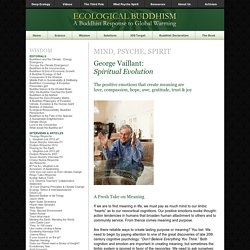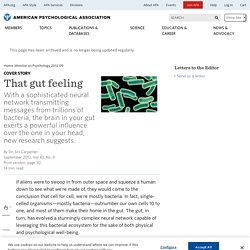

Brain Function. Nonviolent Communication NVC. Psychotherapy Overview. Compassion Focused Therapy. ADHD. Yogic Visualizations. Health Audio/Visual Media. Peer Support Research. Sleep Patterns. Self Empowerment. Mental Health Blogs. REBT. Recovery Models. Meditation Resources. Circadian System. Mind Art. DBT. Stress Management. Plant Remedies. Public Health. Cognition. Healthy Eating. Leo Tolstoy on Finding Meaning in a Meaningless World. By Maria Popova “For man to be able to live he must either not see the infinite, or have such an explanation of the meaning of life as will connect the finite with the infinite.” Shortly after turning fifty, Leo Tolstoy succumbed to a profound spiritual crisis. With his greatest works behind him, he found his sense of purpose dwindling as his celebrity and public acclaim billowed, sinking into a state of deep depression and melancholia despite having a large estate, good health for his age, a wife who had born him fourteen children, and the promise of eternal literary fame.
On the brink of suicide, he made one last grasp at light amidst the darkness of his existence, turning to the world’s great religious and philosophical traditions for answers to the age-old question regarding the meaning of life. He likens the progression of his depression to a serious physical illness — a parallel modern science is rending increasingly appropriate. Frustrated, Tolstoy answers his own question: George Vaillant. The positive emotions that create meaning are love, compassion, hope, awe, gratitude, trust & joy A Fresh Take on Meaning If we are to find meaning in life, we must pay as much mind to our limbic “hearts” as to our neocortical cognitions.

Our positive emotions evoke thought-action tendencies in humans that broaden human attachment to others and to community service. From thence comes meaning and purpose. Are there reliable ways to create lasting purpose or meaning? Cognitive scientist Michael Gazzaniga’s work on “split brains” has demonstrated that our linguistic facility and logical analysis—everything that academics hold dear—are localized in the left hemisphere. Gazzaniga has demonstrated that what he calls the “left brain interpreter” sometimes sees only the “trees” instead of the “forest.” The left hemisphere was unaware of the woman’s emotional reality and had to grope for answers. On Meaning cont. Many associate finding meaning in life with four main conscious ideas:1. Leo Tolstoy on Finding Meaning in a Meaningless World.
Yoga Techniques. Jungian Psychology. Attachment Theory. Epigenetics. That gut feeling. If aliens were to swoop in from outer space and squeeze a human down to see what we're made of, they would come to the conclusion that cell for cell, we're mostly bacteria.

In fact, single-celled organisms—mostly bacteria—outnumber our own cells 10 to one, and most of them make their home in the gut. The gut, in turn, has evolved a stunningly complex neural network capable of leveraging this bacterial ecosystem for the sake of both physical and psychological well-being. The idea that bacteria teeming in the gut—collectively known as the microbiome—can affect not only the gut, but also the mind, "has just catapulted onto the scene," says neuroimmunologist John Bienenstock, MD, of McMaster University in Hamilton, Ontario.
In just the last few years, evidence has mounted from studies in rodents that the gut microbiome can influence neural development, brain chemistry and a wide range of behavioral phenomena, including emotional behavior, pain perception and how the stress system responds.
Depressive Illness. IBMP.